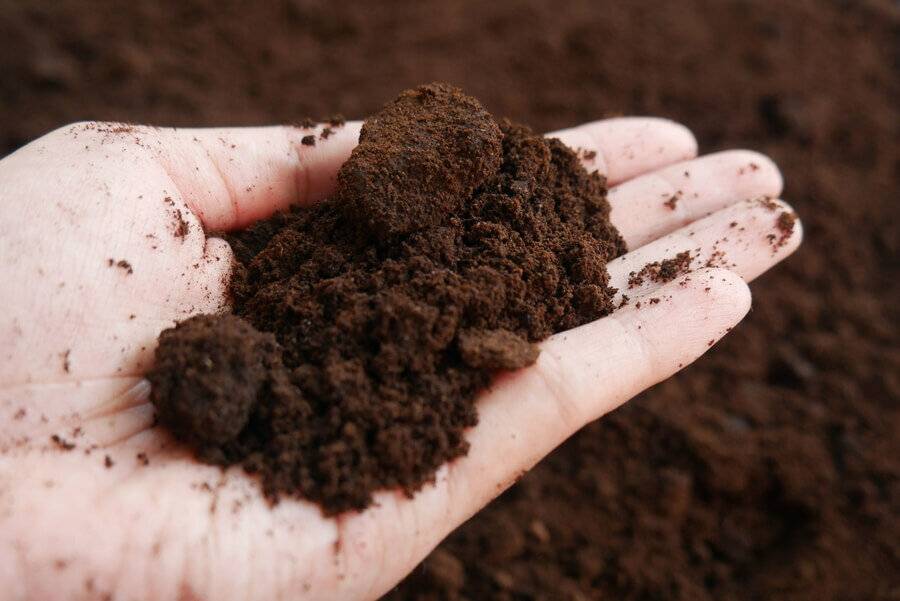Are Essential Oils Safe for Septic Tanks?
Septic tanks play a crucial role in managing household wastewater, ensuring a safe and efficient disposal system. With the growing popularity of essential oils for various purposes, it is essential to address the question of whether these aromatic oils are safe for septic tanks. In this article, we will delve into the impact of essential oils on septic systems, exploring their potential benefits and risks.
Essential oils are highly concentrated plant extracts known for their aromatic properties and therapeutic benefits. They are commonly used in aromatherapy, personal care products, and even household cleaning solutions. However, when it comes to septic tanks, it is important to consider their potential effects on the delicate balance of the system.
Septic tanks rely on a natural process of bacterial decomposition to break down organic matter and treat wastewater. The introduction of foreign substances, including chemicals and oils, can disrupt this delicate ecosystem and lead to potential issues. Therefore, it is crucial to evaluate the safety of essential oils in relation to septic tanks to ensure the proper functioning and longevity of these systems.
In the following sections, we will explore the potential impact of essential oils on septic tanks, considering both their positive and negative effects. We will provide insights into specific oils that may pose risks and discuss practical recommendations for using essential oils in a septic-friendly manner. Let’s dive deeper into this topic to gain a better understanding of the compatibility between essential oils and septic systems.
The Impact of Essential Oils on Septic Tanks
When it comes to the impact of essential oils on septic tanks, it is crucial to consider both the potential benefits and risks. While essential oils are natural and derived from plants, their concentrated nature can have unintended consequences on the delicate balance of septic systems.
Potential Benefits of Essential Oils
Essential oils are renowned for their pleasant aromas and potential therapeutic properties. Some individuals may be tempted to use essential oils in their septic systems to mask unpleasant odors or enhance the overall scent. However, it is important to note that septic tanks are designed to naturally break down waste and should not rely on artificial fragrances to maintain a healthy environment.
Additionally, certain essential oils possess antimicrobial properties that can potentially inhibit the growth of bacteria and pathogens. While this may sound beneficial for septic systems, it is important to exercise caution. Septic tanks rely on a delicate balance of bacteria to break down waste effectively. Introducing antimicrobial essential oils may disrupt this balance and hinder the natural decomposition process.
Potential Risks of Essential Oils
Despite their potential benefits, essential oils can pose risks to septic tanks if used improperly. Here are some key considerations:
- Chemical Interference: Essential oils contain chemical compounds that can interfere with the natural bacterial activity in septic tanks. These compounds may inhibit the growth of beneficial bacteria responsible for breaking down waste, leading to a less efficient system.
- Toxicity: Certain essential oils, especially those high in phenols or aldehydes, can be toxic to bacteria and other microorganisms. This toxicity can disrupt the delicate balance of the septic system and impede its proper functioning.
- Clogging and Build-Up: Some essential oils, particularly those with thicker consistencies, can contribute to clogging and build-up in septic tanks and drain fields. This can lead to blockages, reduced drainage, and potential system failures.
Practical Recommendations for Using Essential Oils with Septic Tanks
While the use of essential oils in septic tanks is not recommended, if you still choose to use them, it is crucial to follow these practical recommendations:
- Minimal Usage: Use essential oils sparingly, if at all, in your septic system. Avoid excessive or frequent use to prevent potential disruptions to the natural bacterial balance.
- Dilution: If you decide to use essential oils, dilute them significantly before introducing them to your septic tank. This dilution can help minimize the concentration of potentially harmful compounds.
- Septic-Friendly Alternatives: Consider using septic-safe alternatives for maintaining a pleasant scent in your home. Natural methods such as proper waste management, regular pumping, and ensuring proper ventilation can help control odors without the need for artificial fragrances.
Conclusions
While essential oils may offer various benefits in other contexts, their use in septic tanks is not recommended. The concentrated nature of essential oils, along with their potential to disrupt the delicate balance of bacteria and interfere with the natural decomposition process, can lead to adverse effects on septic systems. To ensure the longevity and proper functioning of your septic tank, it is best to avoid using essential oils or use them sparingly and with caution, following the practical recommendations provided.


0 Comments